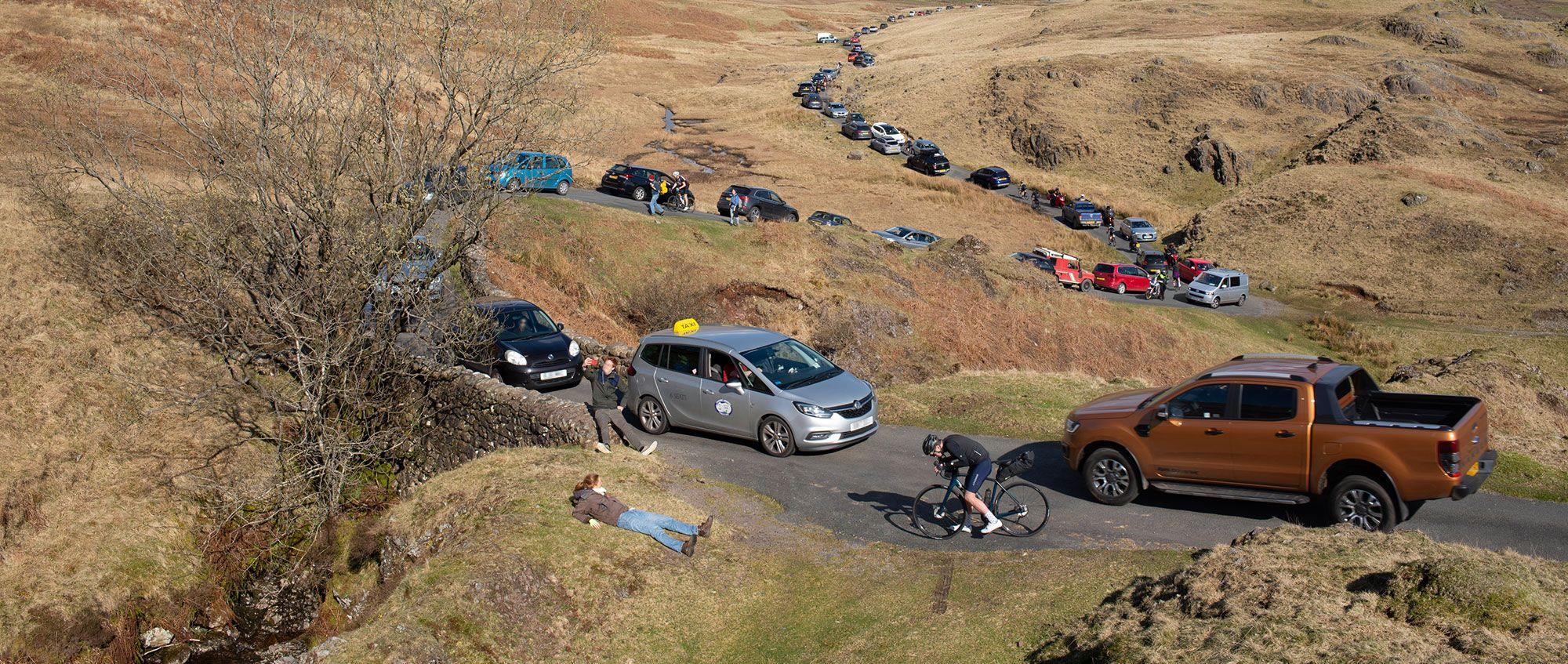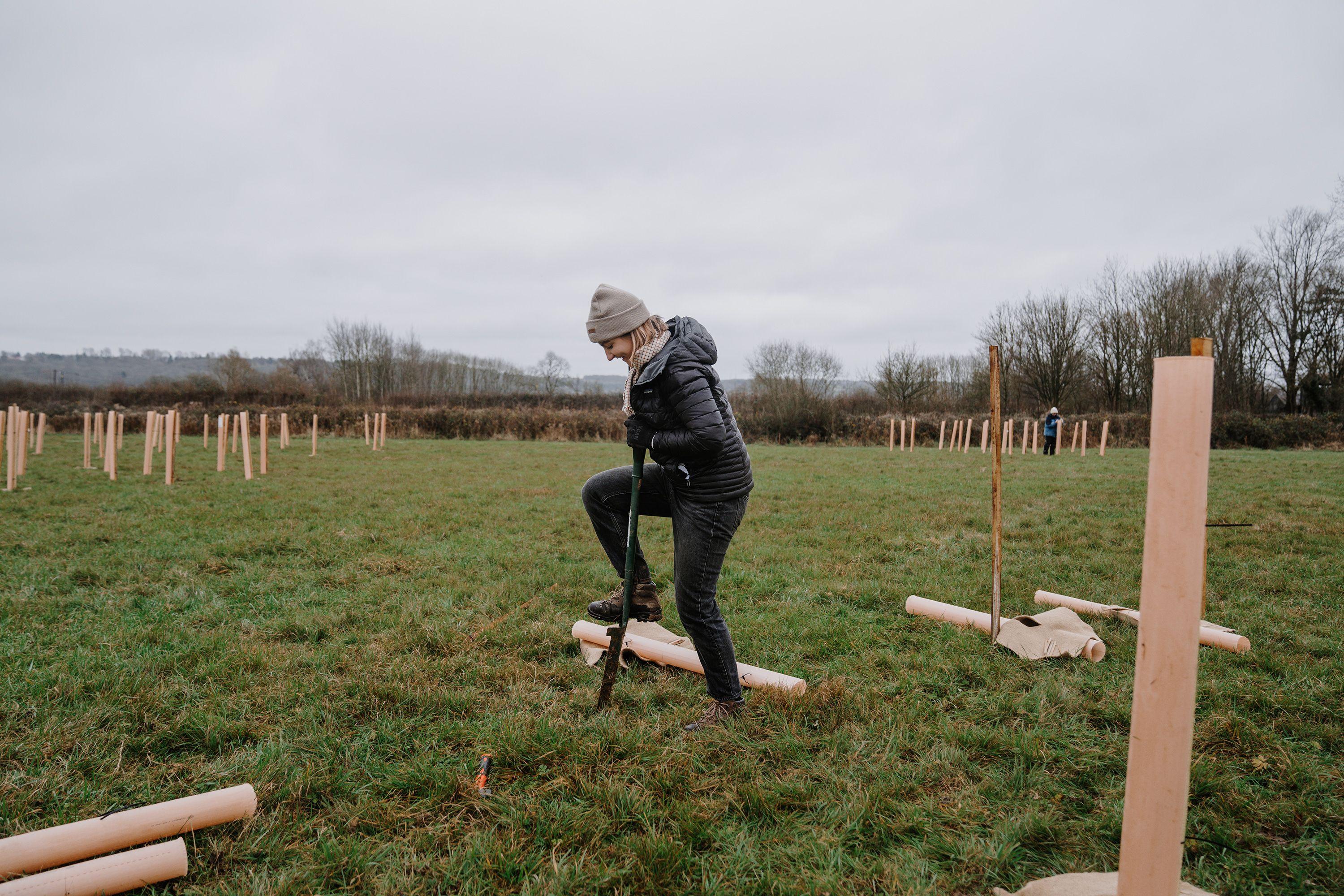
What we've learnt as part of our overtourism campaign
We always knew that overtourism was going to be a complex issue, especially for a travel company, but we knew we had to take action. Our policy of capping the number of places we work in destinations affected by overtourism was a beginning, not an end. We have learnt, and are always learning, how nuanced the issue is and how to approach it more effectively. Here’s our progress so far and a little about our plans for the future.
What we did
Our policy of destination capping meant limiting the number of places we represented in some of the most popular areas of the UK.
What we’ve learnt
It’s not one problem, it’s many
Overtourism affects places very differently, from the boom and bust of seasonal communities, to path erosion, traffic problems anti-social behaviour and pollution. There is no single problem, so there is no single solution.
It’s day and night
We had been focusing our thinking on overnight/weekend visitors, but a number of issues are raised by influxes of day trippers, so these need more thought.
Prevention is as important as cure
Once overtourism is embedded in the economy and lifestyle of a place, it’s very hard to root it out, so managing tourism in areas of growing popularity is vital.
We need more data
A lack of solid data on the issue in the UK has made it harder to help address the problem at all levels. Fortunately, people are working on it. The University of Cumbria is currently studying overtourism, gathering quantitative and qualitative data to understand the impact overtourism and overcrowding has on specific locations in the region. We’re exploring how we help with this research.
People are taking action
There are lots of on-the-ground local initiatives and organisations geared towards dealing with the effects of overtourism in their areas. We should be consulting and supporting with them, to learn more about the nuances of the problems and have a more focused impact where we can.
Government intervention is patchy and contentious
Lack of good infrastructure, particularly in rural destinations, causes huge problems. Councils are continuing to add barriers, but not solutions - lots of new double yellow lines and expensive car parks in the Lake District, for example, but no new rail or bus services.
In Scotland, new Short Term Let Licensing Legislation has been put in place. The new laws are widely disputed from both sides. One thing is for sure, it’s not indicative of a multi-layered approach, with a broad range of tactics. It also does not feel destination focussed and is missing the all-important holistic data.
But we need bigger change
The issues raised reach into the territory of many agencies and government departments. This means there is no approach to dealing with things holistically. Solving one aspect of the many elements of overtourism is not tackling the totality of the issue. Visit Britain’s current 5-year strategy doesn’t mention overtourism or sustainable tourism and only refers to ‘visitor dispersal’ and addressing ‘product gaps’. Properly addressing the issue needs to form part of future strategies. We’ve shown that with the right product and market you can effectively encourage guests to stay in regions that have been traditionally less popular and tourism continues to have a very positive impact on communities when sustainably managed.
What we’re doing next
Talking to more people
We will hold two focus groups this year with local representatives, to discuss some of the issues in communities affected by overtourism, including with local tourist boards.
Reviewing our policy
We’ll continue to review our overtourism cap and discuss the subject with members of the Travel by B Corp community.
Thinking about the future
As we direct people to new destinations, it’s our responsibility, along with our business owners and Destination Management Organisations to consider the future impact of tourism on their area. The Travel Foundations ‘Invisible Burden of Tourism’ report highlight the importance of future proofing activity.
Supporting some research
As part of our company impact strategy we will be financially supporting some research to help better understand some of the issues and commit to being part of the solution.







